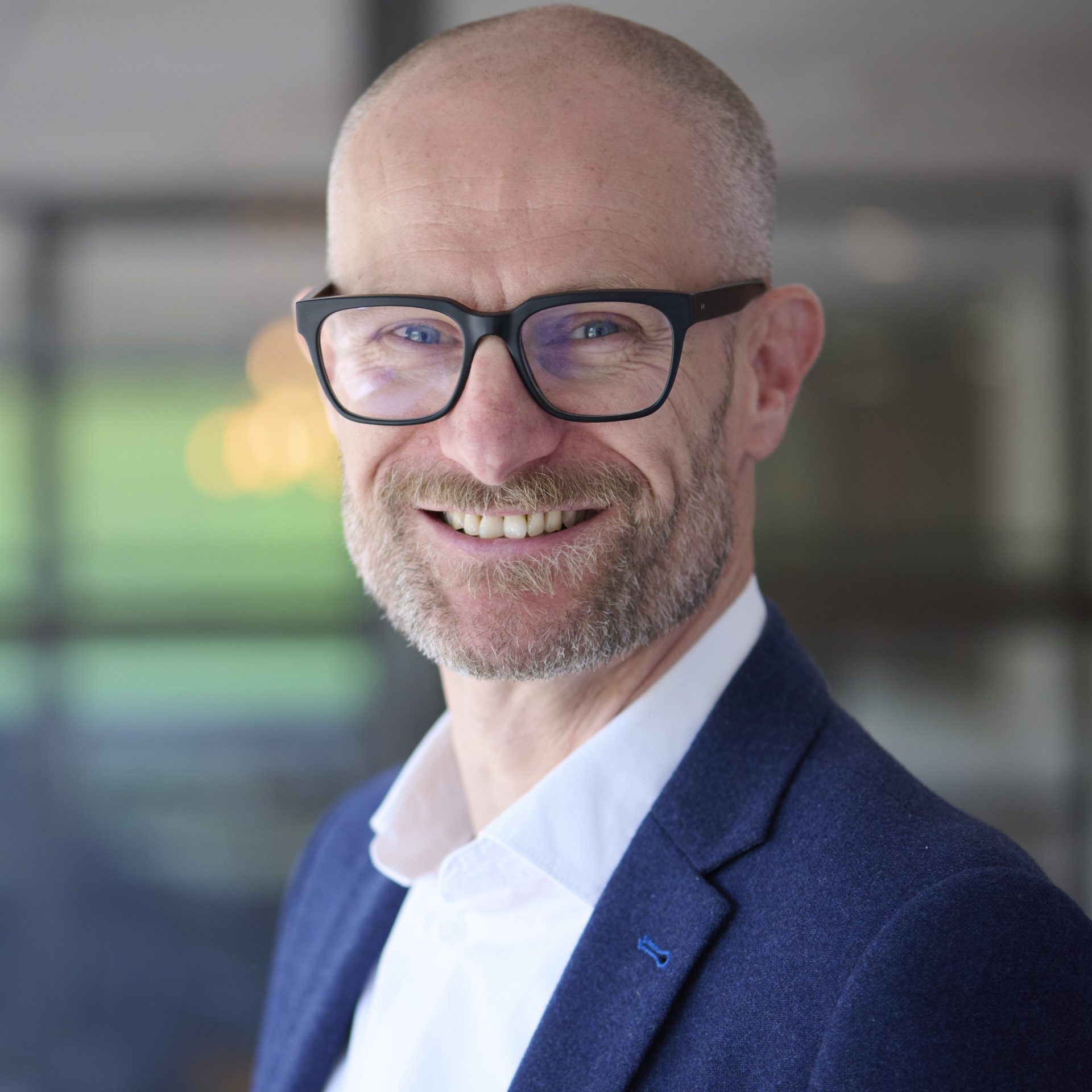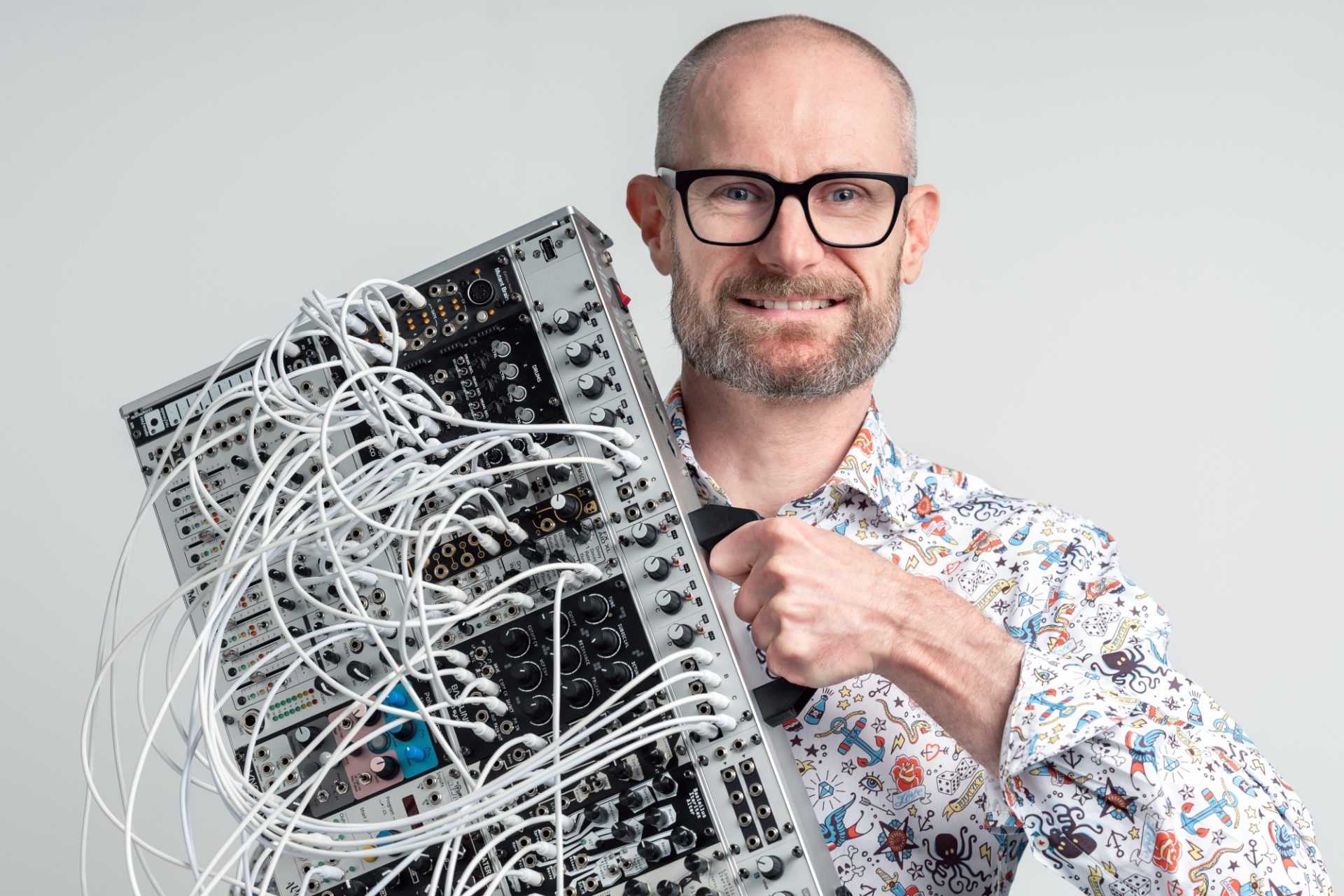Working life
What do you do in your role as a Customer Sales Director?
I talk to customers about their business aspirations and, when stuff is not moving as fast as they would like it to, their technology problems. We have this saying at Schuberg Philis that you need a good night's rest to be able to wake up with a song in your head. And that's really what I see, especially with large corporations that have a lot of legacy: they find it really difficult to move beyond that. That's because an important part of that legacy is also in the people, who sometimes don't really know or embrace the opportunities modern tech could give them because it means they would have to change a lot about their knowledge and way of working. It's not always what people are up for or believe in or are used to.
What’s a typical day like?
We now go into the office at least two to three days a week. That includes the office of our customer. It's great to be onsite. We can meet with their teams, be hands-on. We have workshops with other customers. We have dialogue, regular sales activities but from an operational standpoint: all the time we're actually creating stuff with them. We're currently doing a lot of workshops to align with their teams, on how to transform certain parts of the landscape.
And how do those activities compare to when you began at Schuberg Philis, in May 2021?
My first two weeks were entirely done virtually. But because it was springtime, every week, I had a couple of walks with colleagues, my buddy, and my coach. So we did get to meet, but it couldn't be with a large group. I had one-on-one sessions, which also has advantages. When we walked, we would agree to meet halfway between our homes. I would pick a castle or a park that had good access from the highway, had a parking lot. We visited some idyllic places. And I did that with the customer as well, and they really appreciated that – just to be out.
Company culture
Walks and meeting in non-work settings have actually always been part of the company’s work culture. Does this let you connect in ways other than if you were meeting in an office?
For sure. When you walk, there's less structure because you're outside. I believe nature has a healing power. There's scientific research that nature puts your brain in a certain state that I think is really valuable, especially when discussing critical or sensitive stuff from a personal viewpoint. Often our talks have to do with people, their rate of change, their mind space.
Do you mean that you also were analyzing your customer’s work culture?
Customers nowadays come to us because they know that we do awesome engineering. The premium they get with us is the people. That brings a mindset of collaboration, of mutual respect, of what we call an engineering culture. Many of these companies are transitioning from their traditional industry into becoming a tech company. That can be because they want to be absolutely data-driven or they have new channels to sell stuff online or virtual places where our customers can meet and test a new product. So that's indeed what they come to us for, because we are a front-running company in terms of how we're organized and our culture. This is why the three guys – Schuberg Philis’s founders – decided to do things extremely different. Why we believe 100% is always the thing to go for. We try to make things very simple. It’s not 25 KPIs, but one: customer satisfaction.
Passion project
So what kind of culture do you enjoy outside of work?
I'm a music technology fanatic and have been since the age of 15. What I do in my spare time is build and program modular synthesizers. I have a DIY community I make these instruments with by soldering modules together to create unique sounds and functionalities. I'm sort of the driving force behind this. We get together and solder and code, have DIY workshops. Every other month, we also have a structured improvisation performance event. From a black hat, we draw the names of the participants in duos, we pick a tempo, and they have to improvise for 10 minutes. It's fun to do with other people, so you can rely on the skills of your colleague in the duo. There's an audience and you're on stage. It's also about not being afraid. We had a lot of people coming in for the first time because this instrument is very renowned for being an instrument you would have in just your bedroom studio. But I believe the fun part of technology is that it can be a passion that you can share and learn from and stimulate each other to improve or explore new stuff. Some people in the community say: I want to do the soldering, but I'm never ever going to be on stage. And there's some people that say, well, I've usually gone to solder, but this time I'll be there to perform.
It seems Schuberg Philis is doing something similar by having engineers be out in the open, speaking directly to customers rather than having them only work behind the scenes, coding at their computers. Do you see parallels?
Yeah, I love to hear people talk about what they do and what they believe in. Very often technology is maintained by people who do that in a traditional way because of how they were taught. I believe that new technology can bring new ways to interact with customers and bring up new business models and ways of connecting and bringing services to civilians, patients, and all sorts of customers. Doing that, you need new ways of working together. You need a new mindset. You need people who are willing to be vulnerable. And if something is difficult due to somebody's failing, you don't want colleagues to point fingers. You want to rush to the rescue to help them out. We're a tech company, but we know that it's the people, actually. The tech influences the people’s way of being as much as people have to change their behaviors to deal with the tech. That spark is really, really important – and with engineers, you get that if they are in the right flow. Our founders got their inspiration from frustration that they were not getting enough room. So why not just do that? Give people enough room to do their thing. That can make them shine.
Curious to know more about how more colleagues spend their days? See the whole series here.

